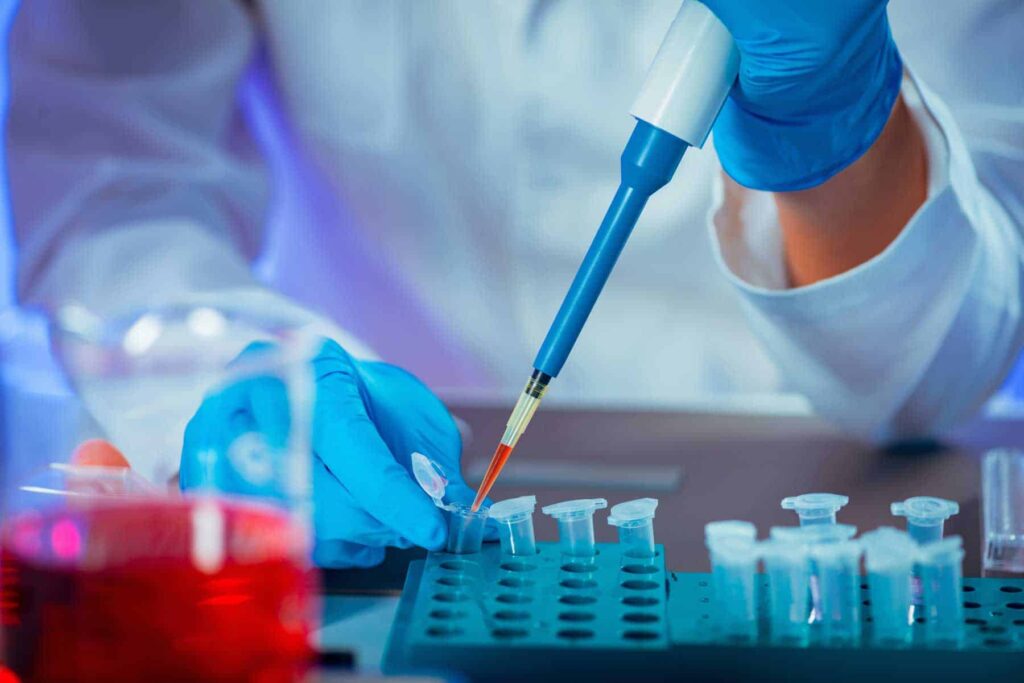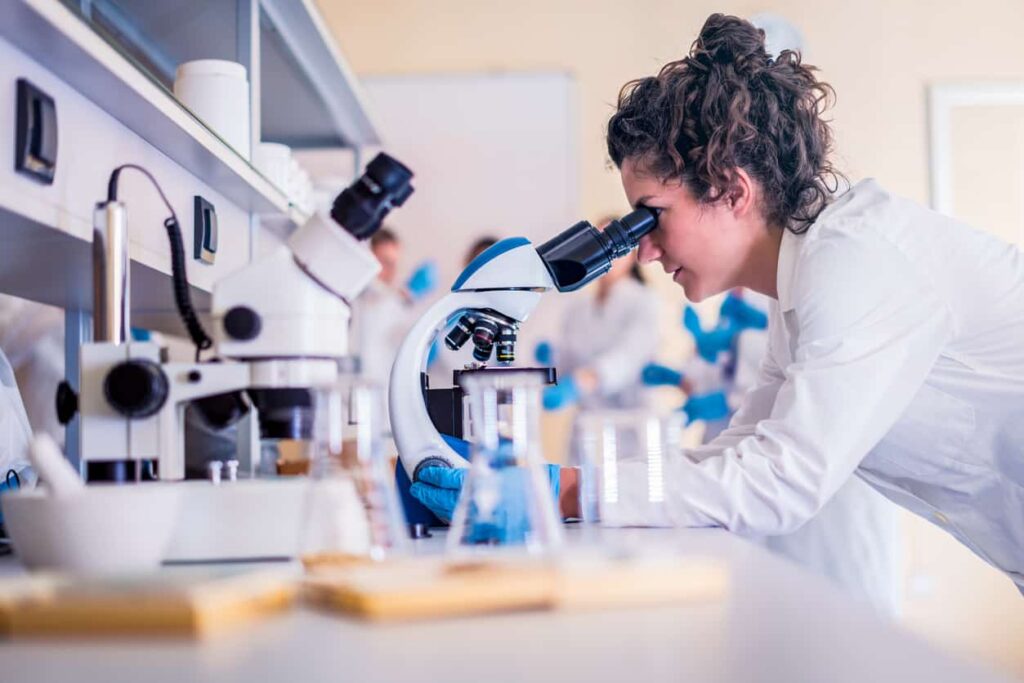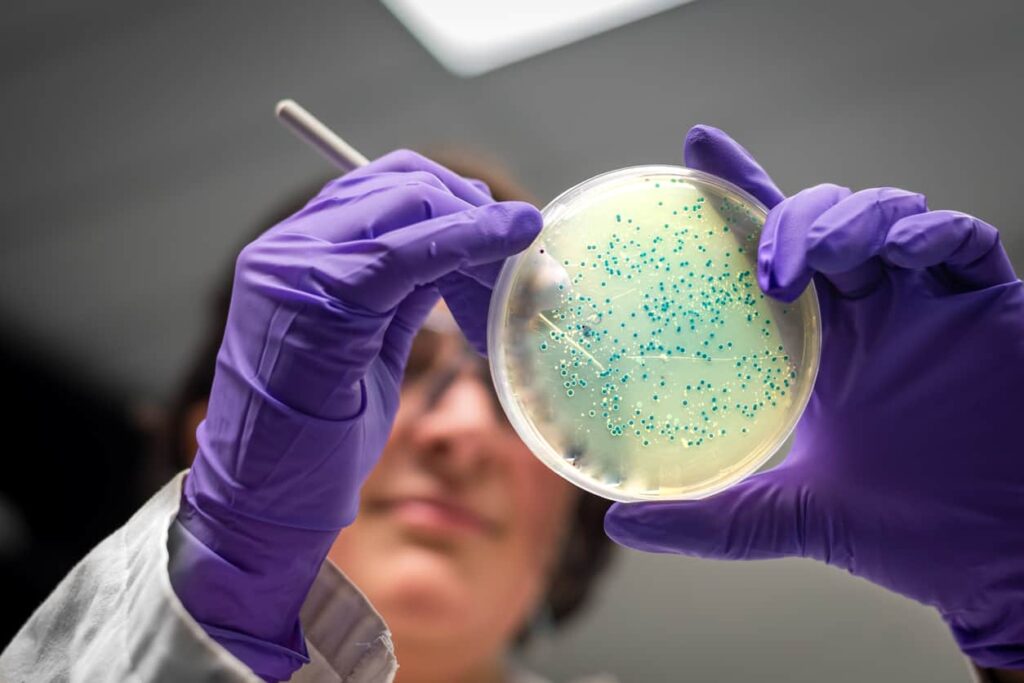Students step into the role of a clinical bacteriologist and investigate DNA samples from new outbreaks of bacterial disease.
Explore the ongoing battle between bacterial pathogens and the human immune system and how this leads to evolution, driven by changes in bacterial DNA.
Students step into the role of a clinical bacteriologist and investigate DNA samples from new outbreaks of bacterial disease, comparing them to reference samples. Will the Streptococcus pyogenes bacteria in question cause a mild case of strep throat or a much more deadly episode of necrotising fasciitis?
During the workshop students use research-grade equipment to carry out key lab techniques.
Curriculum links
- KS4 Science - Cell Biology, Health, disease and the development of medicines, Evolution, inheritance and variation, working scientifically.
- AS/A Level Biology - Cells, Biological molecules, Genetics and Evolution
- OCR AS & Level biology: PAG 6.2 Electrophoresis of DNA fragments for analysis.
- Edexcel Level 3 Advanced GCE (A level) Biology A: Core practical 14: Use gel electrophoresis to separate DNA fragments of different lengths.
School trip prices
We allow a ratio of 1 adult to every 5 children for most groups. Additional adults over this ratio will be charged. In the case of SEN groups, we may offer further free adult support on request – please contact us to discuss your requirements.
Please note: there is a small price increase from September 2024 – full details.
I’m a scientist (online) sessions




